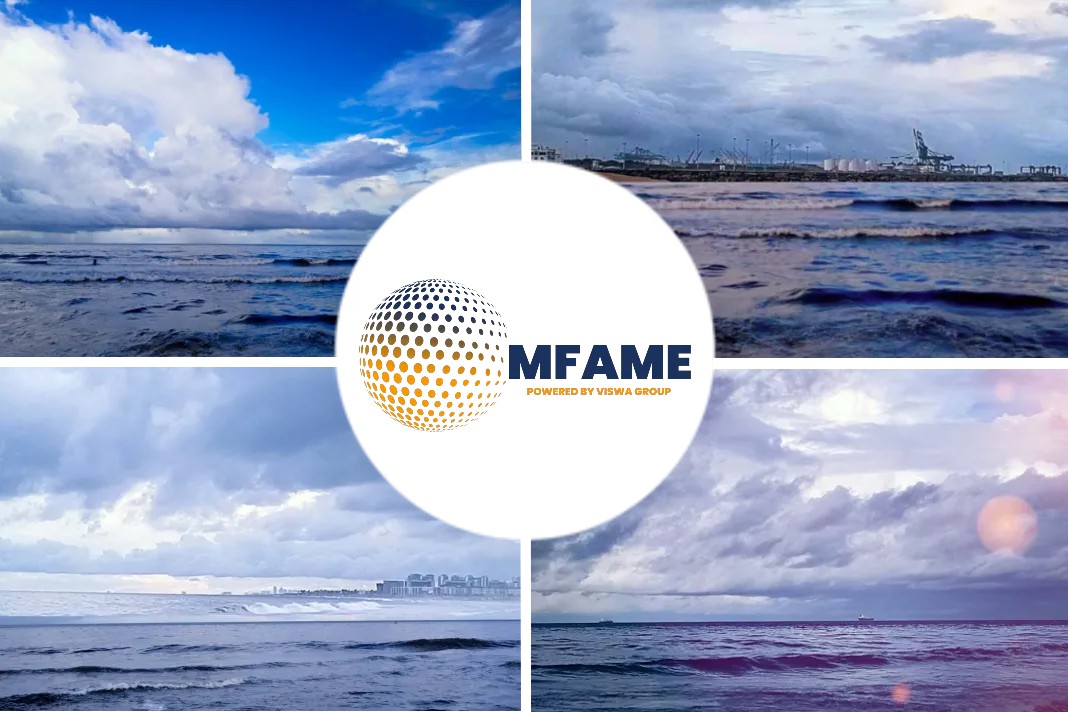According to a Platts report, most shipowners are looking towards a marine gasoil or marine diesel oil shift in the short term and 0.5% LSFO blends in the mid- to long term in order meet the IMO 2020 sulphur regulations, said Glander International Bunkering CEO Carsten Ladekjaer.
Concerns About Initial Transition Phase
“I do have some concerns, especially for the initial transition phase going into 2020,” Ladekjaer told S&P Global Platts during the 11th International Fujairah Bunkering & Fuel Oil Forum. The IMO rule that will lower the global cap on sulfur content in bunker fuel to 0.5% from January 1, 2020, from the current 3.5% is one that poses significant challenges, he said.
Decisions To Make
“If you are a refinery, you have some big decisions to make. Should you invest heavily in upgrading without knowing future demands and further changes in legislation? If you don’t, can you sell your current product menu and at what price?” he said.
“If you are a supplier, you need to consider which grades you can source, how you may handle them, and what the market will ask for,” he said.
From a shipowner’s perspective, it is probably wise to take a ship-by-ship and trade-by-trade view and make individual decisions and strategies based on that, he added.
Challenges Ahead
IMO 2020 also poses a raft of challenges related to financing, credit and technical aspects, Ladekjaer said.
Trading companies need to ensure they have the financing in place to meet a surge in demand for liquidity, he said. In terms of credit, there will undoubtedly be more risk, he said.
“Unless they have opted for scrubbers, each client will need a larger credit facility to buy today’s equivalent of new compliant products,” he said.
Some clients may be hit hard by the increased costs related to IMO 2020 and some may not survive this, he added.
On the technical side, the industry generally does not yet know enough about the 0.5% sulfur products of the future, including their origin, components, stability and not least their compatibility, to make longer term plans, Ladekjaer said.
Barging Change
The barging landscape is also set to change and barging costs will likely rise in some locations, he added. Post 2019, barge operators are likely to have a dedicated barge for each grade, namely HSFO, LSFO and gasoil, Ladekjaer said.
Barges will most likely not co-mingle cargoes in future the way they currently do. Assuming the number of barges remains stable, this means there will be fewer barges supplying each grade, he said.
Issues To Be Sorted
Despite the challenges, Ladekjaer said he was “convinced” that most issues will be sorted out over time, as technical knowledge and experience in the market evolves and the market adapts.
The IMO working group has already suggested that the carriage of HFSO in bunker tanks should not be allowed unless there was an approved and certified scrubber onboard the vessel, Ladekjaer said.
“I believe that if all IMO countries would ratify this, it will be very effective,” he said, adding that he expected a compliance ratio of around 80-90% overall globally, although it was likely to vary substantially between regions.
Gearing Up for New Rules
“We have a high level of awareness in all corners of our organization as to how it [IMO 2020 rule] may impact each part of our business, and how we can mitigate risks as well as seize the opportunities,” Ladekjaer said.
The company is in close contact and dialog with current and future suppliers of the new 0.5% products, as well as its customer base, to bridge and share knowledge about future products, their handling and expectations from the demand side, he said.
“It would be fair to say that we are getting closer to our counterparties and that the professional relationships move closer and closer towards partnerships as opposed to an ‘us & them’ relationship,” he said.
Separately, Glander International Bunkering was open to both organic as well as inorganic growth, Ladekjaer said.
“We may see more consolidation going forward, where some will join larger entities such as Glander International Bunkering, simply to benefit from their expertise, their organizational efficiencies and their business scale in general,” he said.
On the demand side, consolidation overall will get another ‘fuel injection’ from IMO 2020, as it will widen the gap between players as costs are likely to go up, he said.
Glander International Bunkering was established in 1961 and its global network spans the US, Asia, Europe, Africa and the Middle East
Did you subscribe to our daily newsletter?
It’s Free! Click here to Subscribe!
Source: Platts
























